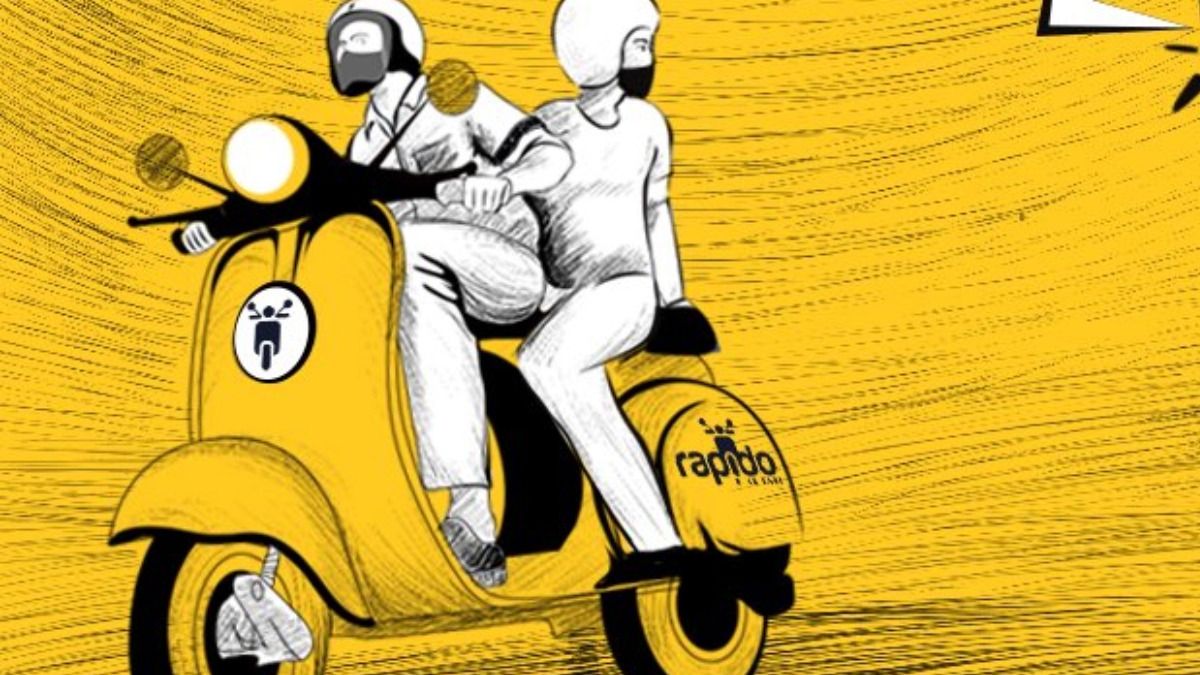Karnataka bike taxi ban means cab aggregators and auto drivers to dictate fare, Bengalureans worry
 Image used for representation | official X
Image used for representation | official X
The Karnataka High Court has issued a directive prohibiting all bike taxi operations in the state, triggering a domino effect across urban mobility hubs like Bengaluru, leaving commuters helpless and causing a significant rise in fares.
The Transport Department carried out a major crackdown, with over 100 two-wheelers impounded in 11 Regional Transport Office (RTO) limits city-wide. “Most of the vehicles were seized in Indiranagar (KA 03), KR Puram (KA 51) and Electronics City (KA 53),” an official told Deccan Herald, adding that most of these bikes were operated under Rapido, with others affiliated to Ola and Uber.
The crackdown was prompted by the directive by the Karnataka High Court in April 2025, which had ruled that bike taxi services cannot legally operate in the state unless the government frames a policy to regulate them. The court gave the service-providing companies time until June 15 to halt operations. In response, ride-hailing platforms like Rapido and Uber briefly attempted to rebrand their services as parcel delivery or courier offerings after trying to get legal relief failed, before shutting bike taxi services down entirely by the evening of the crackdown.
Industry analysts contend that Karnataka’s approach could result in consequences on a larger scale. “Scrapping an entire segment doesn’t just reduce consumer choice, it also gives more pricing power to cab aggregators and auto drivers,” wrote Finshots. The publication estimates the state could be missing out on up to ₹85 crore annually in potential permit fees and GST revenue from bike taxi services.
Commuters have been starting to get affected by the absence of bike taxi services, which were often used for quick, last-mile travel. Commuters across Bengaluru have aired their concerns and grievances online about rising auto and taxi fares. “For a distance of 2.2 kms, fare from different apps for auto is Rs. 60-101. Actual fare should be 33. On what basis are these exorbitant rates calculated?” one user posted on X, as reported by Hindustan Times.
Prathiksha Harish, a tech professional, shared that a ride from Vidyamanyanagar to Koramangala 6th Block now costs ₹90 more than it did previously. “I used to pay ₹350 from home to office, but now I pay ₹440,” she told Hindustan Times. Another commuter, Sukrutha Shavanak, said that even short trips had become disproportionately expensive. “A ride of 4 km costs ₹180- just ₹10 less than what I pay for an 8 km trip.”
The rise in fares has been linked to a spike in demand for autos and taxis following the ban. A senior executive from a leading ride-hailing firm told Deccan Herald that demand has naturally increased with bike taxis out of the picture, pushing up prices.
Apart from commuter inconvenience, the ban has affected over one lakh gig workers, according to Deccan Herald. Many of these workers, affiliated with the Namma Bike Taxi Association, have urged the government to reconsider the blanket ban. In a letter to Chief Minister Siddaramaiah and Congress leader Rahul Gandhi, association president Mohammed Salim wrote, “Bike taxis are not a side income. They are how we survive. We ride in the hot sun, heavy rain, and traffic to keep the city moving. This is how we pay rent, school fees, and medical bills.”
However, Transport Minister Ramalinga Reddy maintained that the use of personal two-wheelers for commercial purposes violates existing laws and stood with the government’s stance. “It’s a violation of the court directive and we will stop it,” he told Deccan Herald. He also ruled out a policy framework similar to those adopted in states like Maharashtra and Delhi, citing its potential impact on Bengaluru’s 1.75 lakh auto rickshaw operators.
Regulated models like in the states of Maharashtra and Delhi, have provided a balanced approach to the competition between bike taxis and autos. Maharashtra currently allows licensed operators with electric bikes and has implemented rules regarding GPS tracking, police verification, and mandatory passenger helmets. Delhi permits only electric bike taxis, while West Bengal is exploring short-term licenses for easier entry and exit from the profession.
Bangalore Central MP PC Mohan suggested that rather than a ban, the state should pursue scientific, long-term regulation. “Bike taxis can be part of urban mobility, but only with strict regulation and legal clarity,” he posted on X.
Meanwhile, with carpooling and public transport as limited alternatives, many Bengalureans are preparing themselves for longer wait periods and costlier journeys.
Business